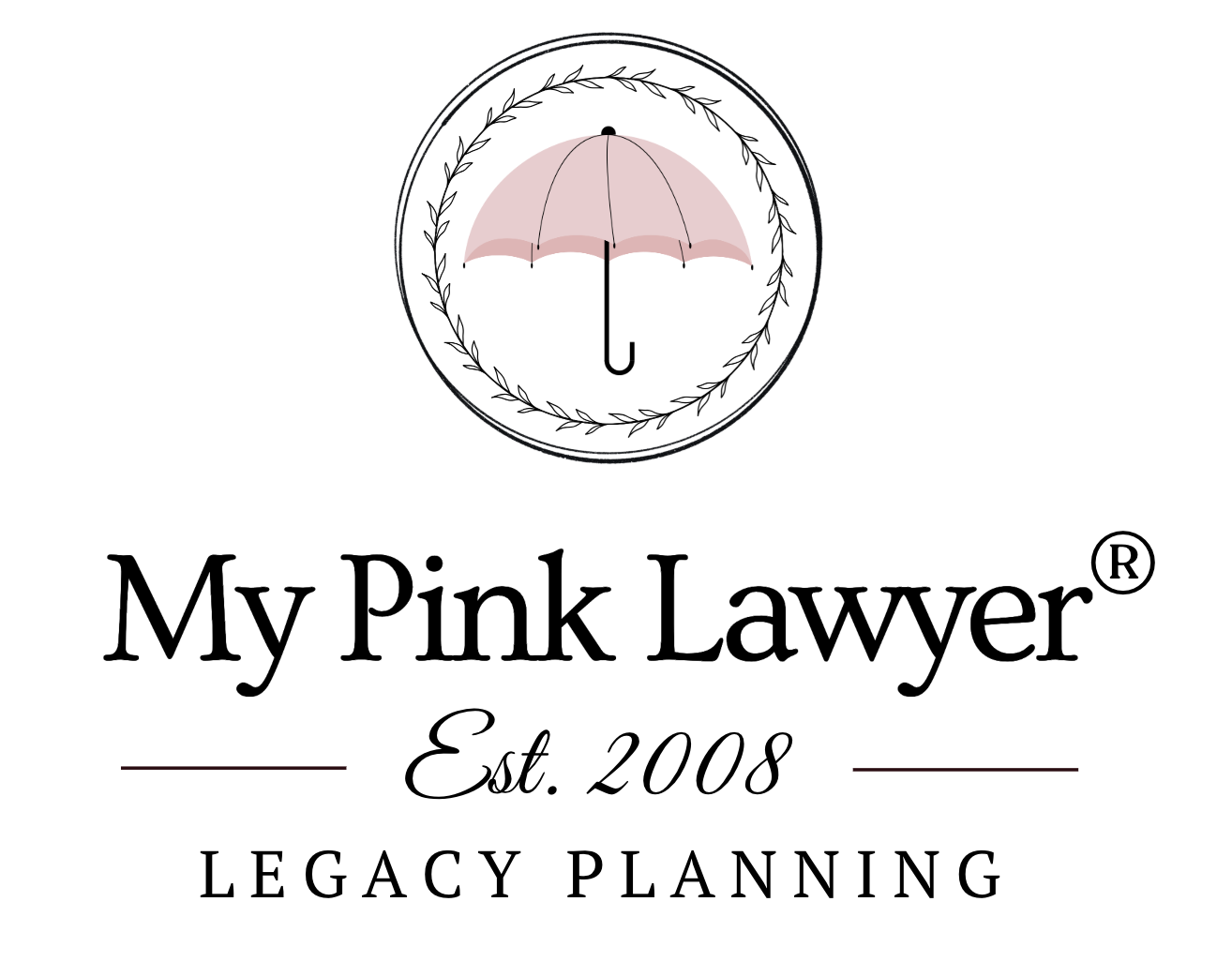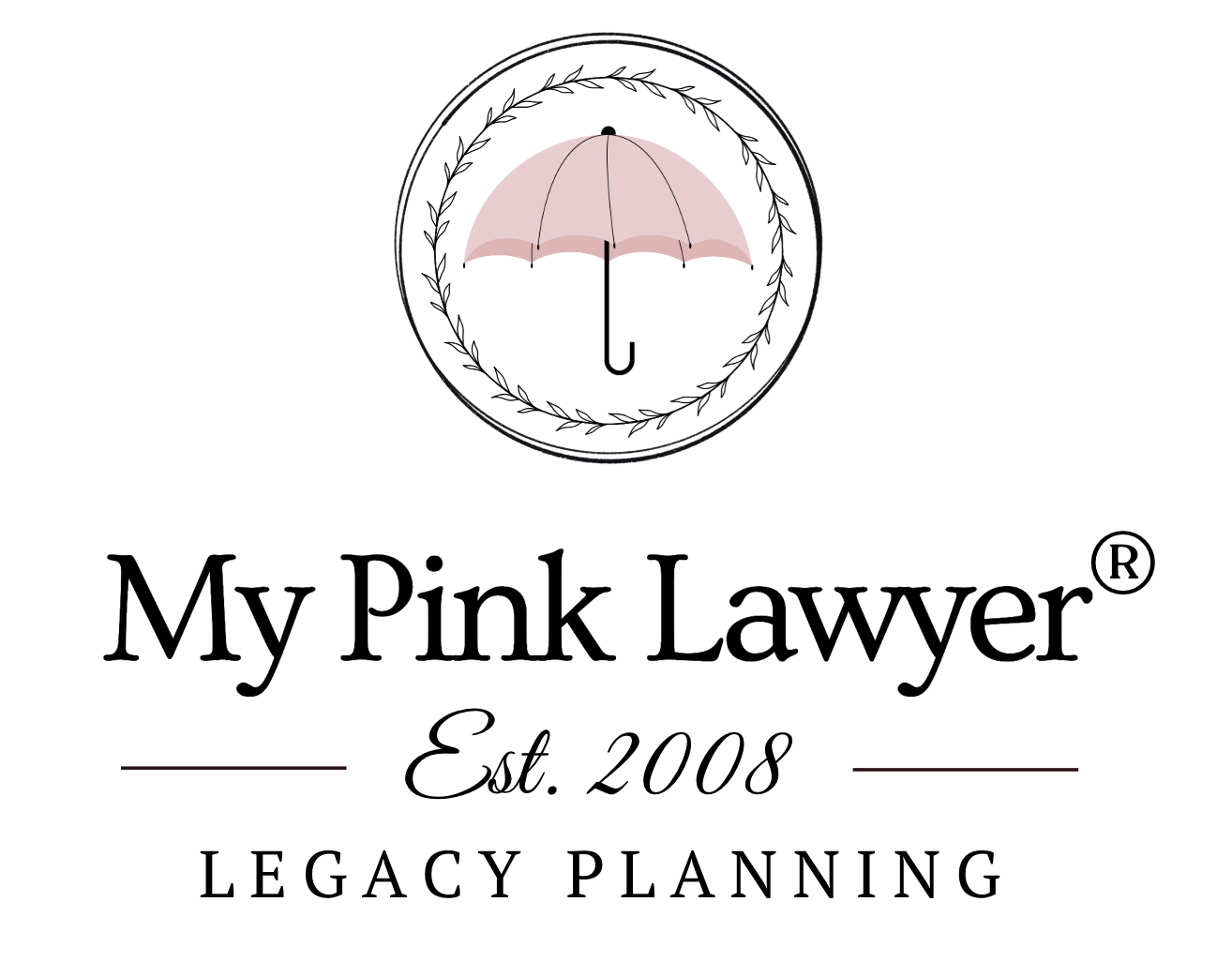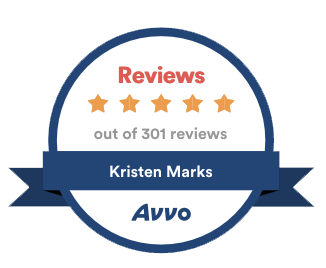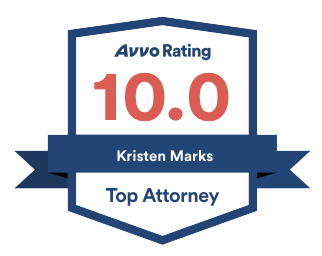A revocable trust, or living trust, or inter vivos trust is an estate planning tool often used in conjunction with a last will and testament to transfer a person’s assets following their death without the need for a probate.
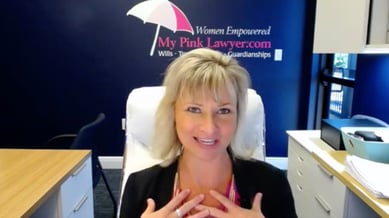
As with all estate planning tools, there are pros and cons of living trusts that should be considered in deciding which estate planning mechanism(s) will best serve your particular situation.
Here’s a quick rundown of some of the advantages and disadvantages of living revocable trusts.
The “Good”:
- Probate Avoidance.
When properly funded (i.e. you actually retitle your assets to your trust or name the trust as the beneficiary of an account or policy), trust assets avoid the costly and time-consuming probate process to carry out your asset succession plan.
A person who created a living trust may freely make changes to the trust document during their lifetime while they are still competent to do so. Upon the death or incapacity of the maker of the trust (called either a “settlor” or “grantor” or “trustor”), the trust terms become irrevocable.
Following the trust maker’s death, the named successor trustee in the trust document is legally bound to honor the terms of the trust instrument.
- Increased Privacy.
When a probate is necessary to transfer assets out of a deceased person’s name, the Will (if there is one) and an inventory of the estate assets must be filed with the court which becomes a matter of public record.
With a living trust, the decedent’s assets, their values, and the names of the persons inheriting the assets remain confidential since the trust agreement is not required to be filed with the courts. This is why many celebrities and other famous folks choose a living trust as their primary method of asset succession to keep the “looky-loos” like us out of their business.
- Avoiding Guardianship.
When a person becomes incapacitated or incompetent and are unable to manage their own financial affairs, the courts may need to appoint someone called a guardian (or “conservator” in some states) to manage that person’s affairs.
However, when all of a person’s assets are owned by the incapacitated person’s trust, the named successor trustee of the trust takes over management of the trust assets without court involvement.
A financial Durable Power of Attorney may also nominate a person or people to manage some or all of a person’s financial affairs but in some instances, they may be rejected by financial institutions or revoked by the incapacitated person. Or, the now incapacitated person may take actions that contradict the authority and good intentions of their power of attorney agent.
- Difficult to Challenge.
It is legally more onerous and costly to challenge a living revocable than a Will when a probate is necessary. Additionally, the increased privacy element can deter challenges since the trust does not become a matter of public record.
- Avoid Ancillary Administration.
If a person owns assets, especially real estate, in multiple states, multiple probate proceedings may become necessary to retitle properties out of their name when they die because Florida courts do not have jurisdiction over out-of-state property. Multiple probate proceedings mean additional probate and legal fees and even more time delays in settling a person’s affairs after they die.
- Easy to Keep Your Plan Current.
Once all of your assets are in your trust (or payable to your trust), you only need to update one master document to address all of your assets, rather than having to sign new beneficiary forms over and over again.
But living trusts are not a magic bullet for every estate plan and there are disadvantages to consider as well.
The “Bad”:
- More Costly and Time Consuming to Establish Upfront.
The costs of using a living trust typically costs about three times as much as using a Will-based estate plan to document your succession wishes. The additional upfront expense is still less expensive than the costs of a future probate but the extra fees involved may be cost prohibitive for some folks.
It is better to start with what you can afford, rather than postpone your planning, knowing that you may be able to “upgrade” your plan in the future.
Plus, there may be less expensive alternatives that will still avoid probate of your assets in the future.
- Increased Complication.
For a living trust to “work” properly, your assets must be transferred into it. Your estate planning attorney should assist you with some trust transfers and will provide you with written instructions on transferring your other assets to your trust. However, you will still need to work with your banks and other financial institutions to sign whatever paperwork they require to retitle your financial accounts or update your beneficiary designations.
Plus, if you acquire more assets in the future, you will need to remember to retitle them to your trust so they will also avoid future probate.
- More Difficult to Understand.
Some elderly clients find it more difficult to understand how a living trust works. Everyone usually knows what a Will is but a trust sounds complicated. It is sometime better to stick with a plan that makes sense to you.
- Difficult to Undo.
Sometimes a person’s estate planning goals change and a living trust is no longer necessary, or the best way, to avoid probate. Once assets have already been retitled into your trust, they will need to be removed again before the trust can be terminated.
- Post-Death Costs and “Housekeeping” Items are Not Entirely Eliminated.
Using a living trust does not entirely eliminate certain “housekeeping” items that need to be done following a person’s death. Accountants and appraisers will still need to be hired.
Attorneys may also be retained to advise the successor trustee in carrying out their fiduciary duties to the trust beneficiaries. The deceased person’s Will must still be deposited with the court for safekeeping (even though no probate may be necessary) and a Notice of Trust filed.
Plus, all relevant taxes and certain mandatory expenses must be paid following a person’s death.
- Probate May Still be Required.
If even one asset was left out of a person’s trust, a probate may still be required to wrap up a person’s affairs following their death which defeats the purpose of using a living trust in the first place!
Some considerations I look at in advising my clients about whether a living trust would be advantageous for their estate planning situation include:
- Where are their assets located (do they own properties in more than one state)? If multiple states are involved, a living trust should seriously be considered.
- How detailed are they going to be in their succession plan? The more detailed or complicated or control a person wants to keep from the grave, the more likely they will want to keep their plan private.
- Are there any interested parties that might want to challenge their wishes? If so, a living trust may act as a deterrent against future Will contests.
- Is there a plan that can be used to avoid probate without the additional expense of using a living trust? If so, consider those other probate avoidance alternatives.
- Is the client currently ill or have a disease that will likely make them incapacitated in the foreseeable future thereby necessitating future lifetime assistance with managing their financial affairs? If so, a living trust provides a seamless transition of asset management to other trusted persons.
- What is the current value of their estate? Usually the larger a person’s estate, the more likely they are to consider a living trust.
- Are post-death trusts needed for minor or disabled children? If so, if the post-death trust is incorporated into a Will, a probate is necessary to establish and fund the trust following death. Alternatively, if the post-death trust is incorporated into a person’s living trust, no probate is necessary prior to establishing and funding the post-death trust.
So there you have it—a peek behind the curtains of living revocable trusts. I invite you to reach out to me or our office if you want to learn more about living trusts to see if they might be right for your situation.
Kristen “Living Trusts are Great But Unnecessary for Everyone” Marks
P.S. You can learn more about probate avoidance and living trust from an audio interview I recently have and uploaded on my website. It can be found here: https://www.mypinklawyer.com/video/morgan-stanley-interview-with-kristen-marks
P.P.S. And here’s the link to a podcast interview I recently did on how I’ve built My Pink Lawyer®: https://www.mypinklawyer.com/video/kristen-marks-featured-in-the-panhandle-podcast
